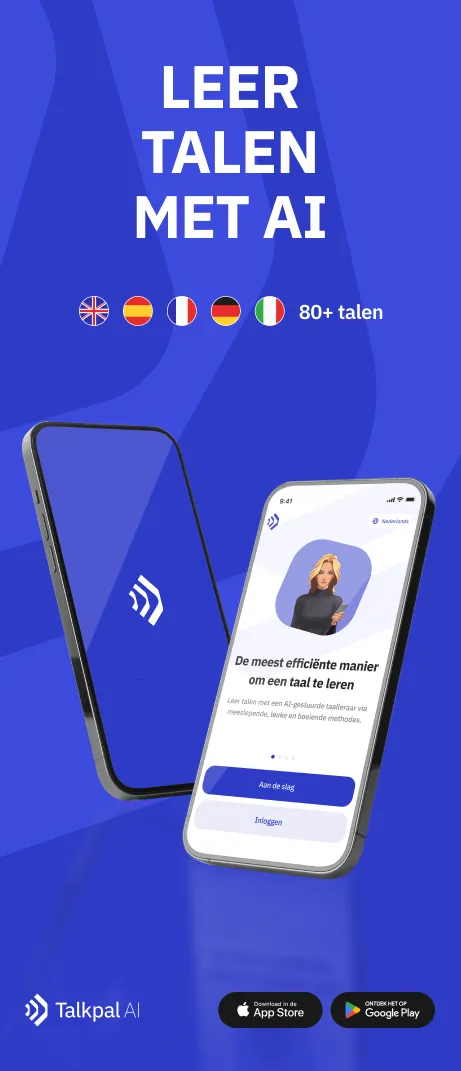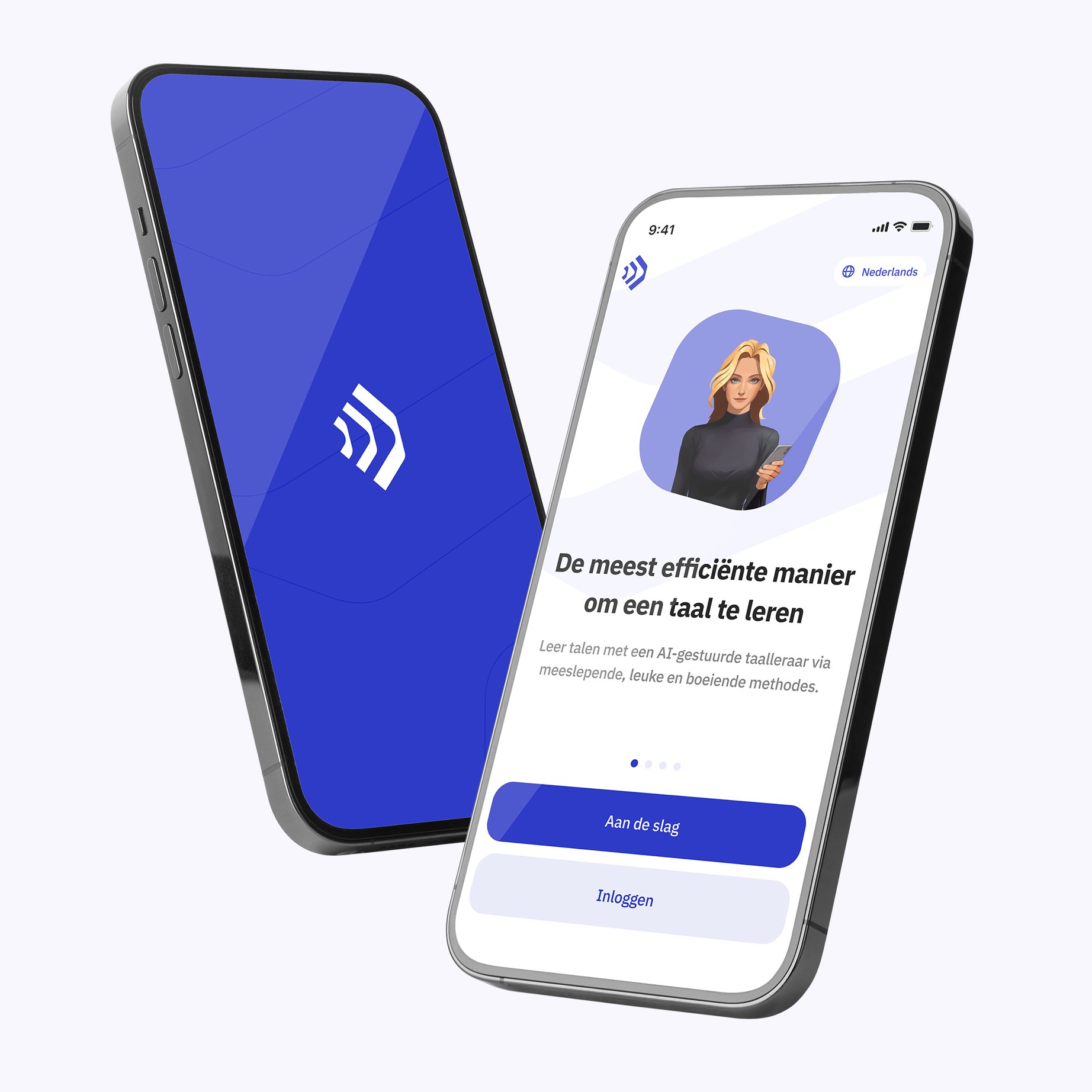Het leren en oefenen van Mixed Conditionals kan lastig zijn omdat ze niet altijd directe vertalingen volgen in het Nederlands. Het is belangrijk om aandacht te besteden aan de structuur en het gebruik van de juiste vormen van werkwoorden. Door middel van de volgende oefeningen kunnen studenten hun kennis testen en verbeteren in het correct gebruiken van Mixed Conditionals in het Engels.
Oefening 1: Vul de Mixed Conditionals aan
If she *hadn’t missed* (miss) the train, she would be here by now.
If you *had studied* (study) harder, you might have passed the exam.
*Had he* (he) known about the traffic, he wouldn’t have been late.
If I *were* (be) you, I would have apologized already.
If they *had taken* (take) the earlier flight, they wouldn’t be stuck in the airport now.
I *wouldn’t feel* (feel) so tired if I hadn’t stayed up late watching movies.
If she *were* (be) a better listener, she would have understood the problem.
If he *had worn* (wear) a coat, he wouldn’t be shivering now.
If you *had told* (tell) her the truth, she might have forgiven you.
She *would have been* (be) upset if she had heard what you said about her.
If it *were* (be) sunny, we could have gone to the beach.
He *would be* (be) healthier now if he hadn’t eaten so much junk food.
If I *knew* (know) how to swim, I would have joined the team.
If they *had left* (leave) earlier, they might not have missed the beginning of the play.
She *wouldn’t have lost* (lose) her phone if she had paid more attention.
Oefening 2: Vul de Mixed Conditionals aan
If he *weren’t* (be) afraid of heights, he would have joined us for skydiving.
If I *hadn’t forgotten* (forget) my wallet, I could have bought that jacket.
If it *had been* (be) warmer outside, we would be having a picnic now.
She *would be* (be) much happier if she hadn’t moved to the new city alone.
He *could speak* (speak) Russian now if he hadn’t dropped out of the course.
If the weather *had been* (be) better, they might have climbed the mountain.
If you *didn’t procrastinate* (procrastinate) so much, you would have finished your work already.
She *could visit* (visit) her grandmother more often if she lived closer.
He *wouldn’t be* (be) struggling now if he had taken his studies more seriously.
If you *asked* (ask) for help, you might have completed the project on time.
I *wouldn’t go* (go) to the party if I hadn’t promised already.
If she *knew* (know) how to cook, she wouldn’t have ordered takeout every night.
If he *had seen* (see) the sign, he wouldn’t have parked there.
They *would be* (be) better friends if they hadn’t argued so much in the past.
If you *took* (take) better care of your belongings, you wouldn’t lose them so often.










